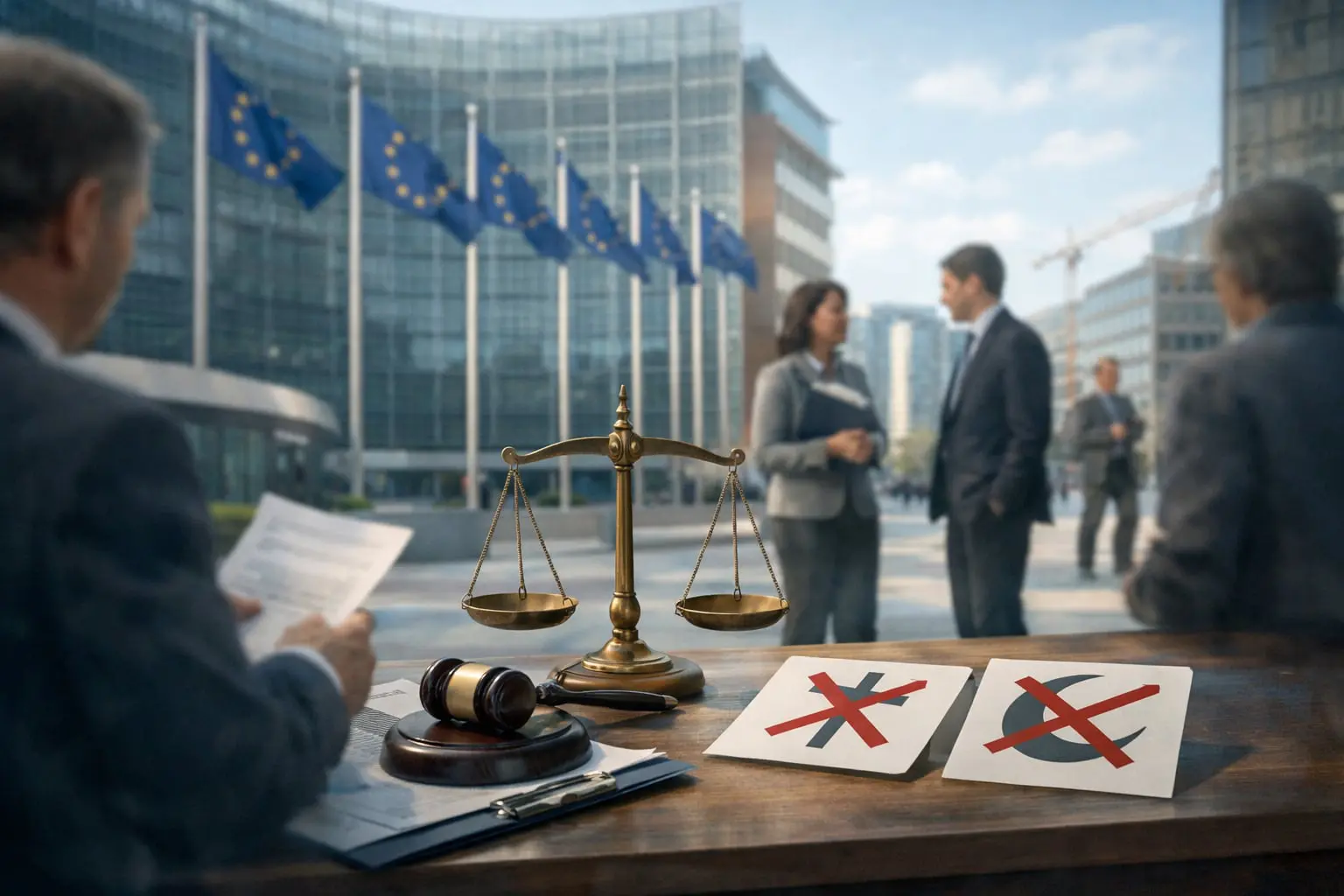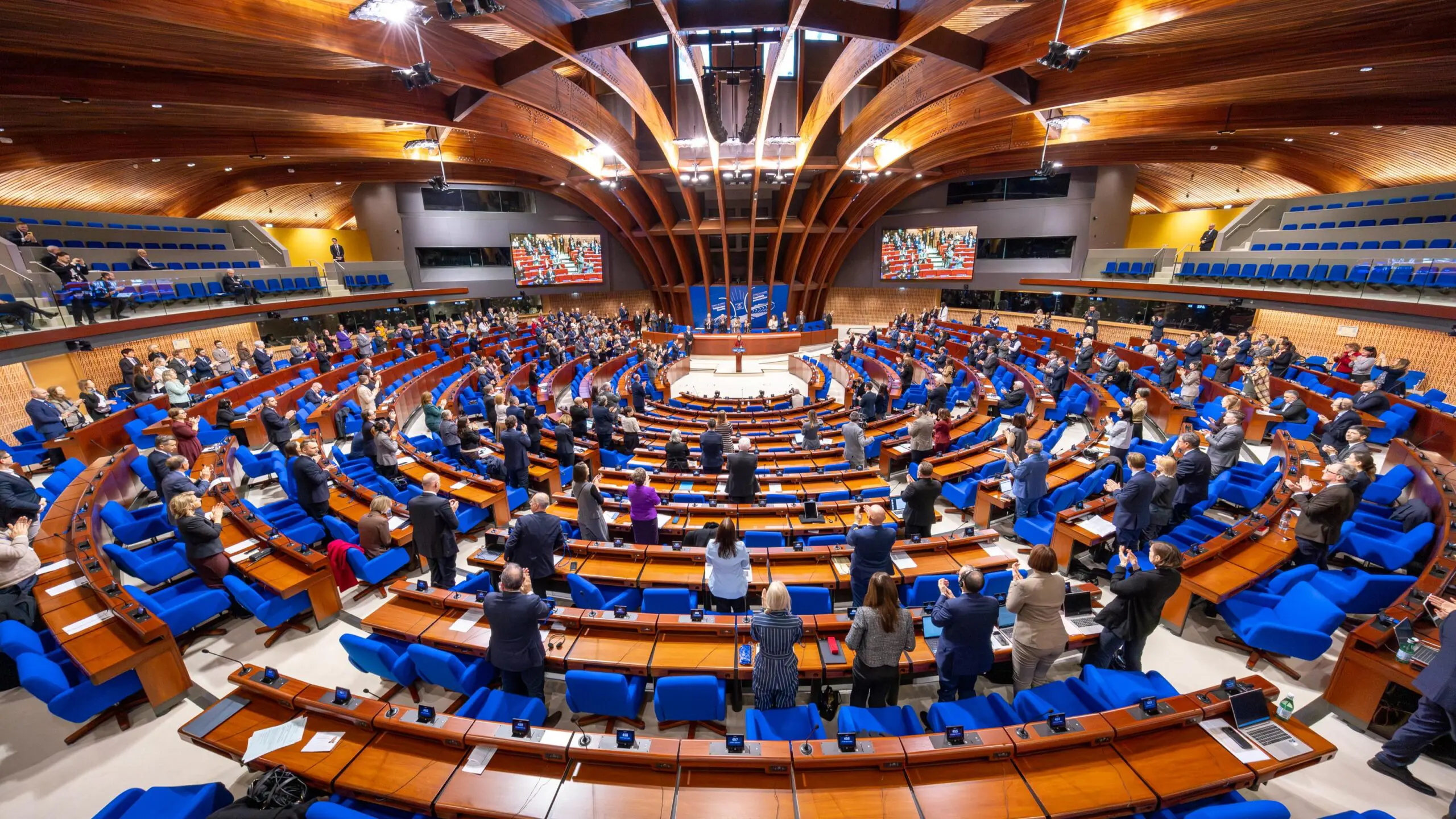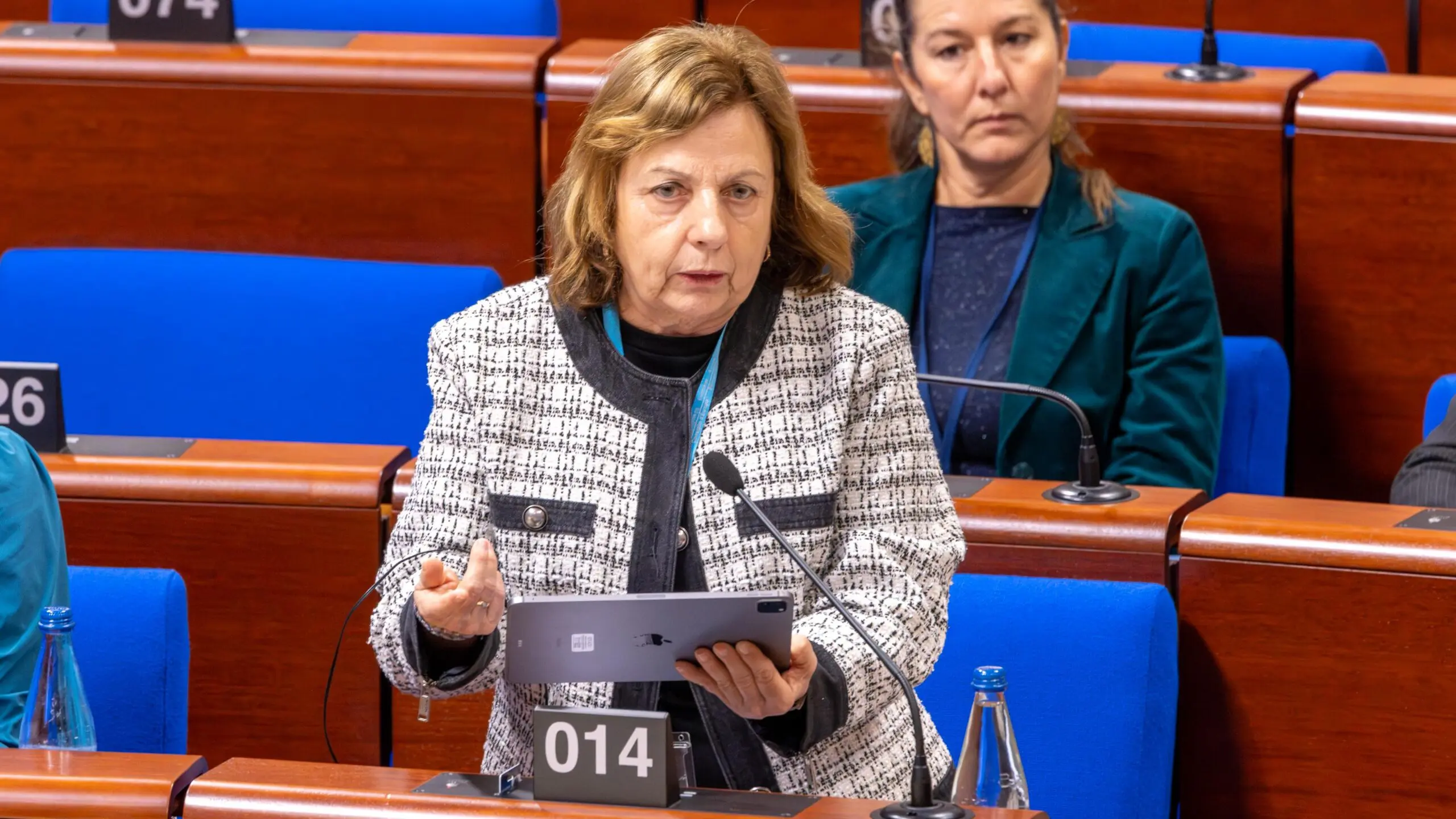January 27 is International Holocaust Remembrance Day. As victims of anti-Semitism, millions of Jews from all over Europe died in Nazi death camps.
Today, in 1845, the few survivors of the Auschwitz concentration camp have been released. This happened after the victory of Hitler’s allied troops and the entry of the Red Army into the camp. Created on the territory of Nazi-occupied Poland, this chancellor became a symbol of the venues for Hitler’s “final solution to the Jewish question.”
Several million people from all over Europe have been deported to Auschwitz. Millions died in the camps in total, and the death toll can be difficult to calculate accurately. Almost the entire Jewish population in Europe has been destroyed – about 6 million people.
The camps were originally set up for political opponents, but homosexuals, Roma, Slavs and people with physical and mental disabilities were also killed, as well as pastors who refused to preach racial theories in their churches. The genocide against the Jews became part of the Nazi ideology and no one was ignored – poor, rich, atheists, babies, the elderly and religious.
Statement by the President of the European Commission on the occasion of the International Holocaust Remembrance Day: Comparing the fight against the Holocaust pandemic is an insult to its victims.
January 27 marks the 77th anniversary of the liberation of the Nazi Auschwitz-Birkenau concentration camp.
We remember all the survivors and the millions of Jewish women, men and children, as well as all the other victims killed by the Nazi regime. At many ceremonies throughout Europe and around the world, their names will be spoken, their lives will be remembered.
This year also marks the 80th anniversary of the Wannsee Conference, a meeting to decide the fate of European Jews. At this meeting, the Nazis planned to systematically search for Jews throughout Europe to exterminate the Jewish people.
The Holocaust is a European catastrophe. Anti-Semitism gave birth to this catastrophe. Anti-Semitism dehumanizes the Jewish people. In Nazi Germany, this dehumanization paved the way for the Shoah. We must never forget.
We are looking forward to this day. After the war, Europe was built on the promise of peace. Nevertheless, anti-Semitism is growing again in Europe. It is a threat to Jewish communities in Europe.
Since the beginning of the pandemic, anti-Semitic conspiracy myths and misinformation have spread online and offline. People protesting in the streets of Europe, wearing the Star of David and comparing anti-pandemic measures to the genocide of the Nazi regime, belittle the experience of the Shoah victims. Holocaust distortion fuels hate rhetoric. Every European must know the facts and learn about the Holocaust.
That is why the European Commission has presented the EU’s first-ever strategy to combat anti-Semitism and support Jewish life. It offers more than 70 concrete actions aimed at combating anti-Semitism online, ensuring the security of Jewish communities, creating a network of Holocaust Witness sites, and reaching out to the public with reflections on building a culture of shared historical memory in Europe.
The essence of our actions is to ensure that Jews throughout Europe can live in accordance with their religious and cultural traditions. Because Europe can only prosper when its Jewish communities prosper. Because Jewish life is an integral part of the history of Europe and the future of Europe.







